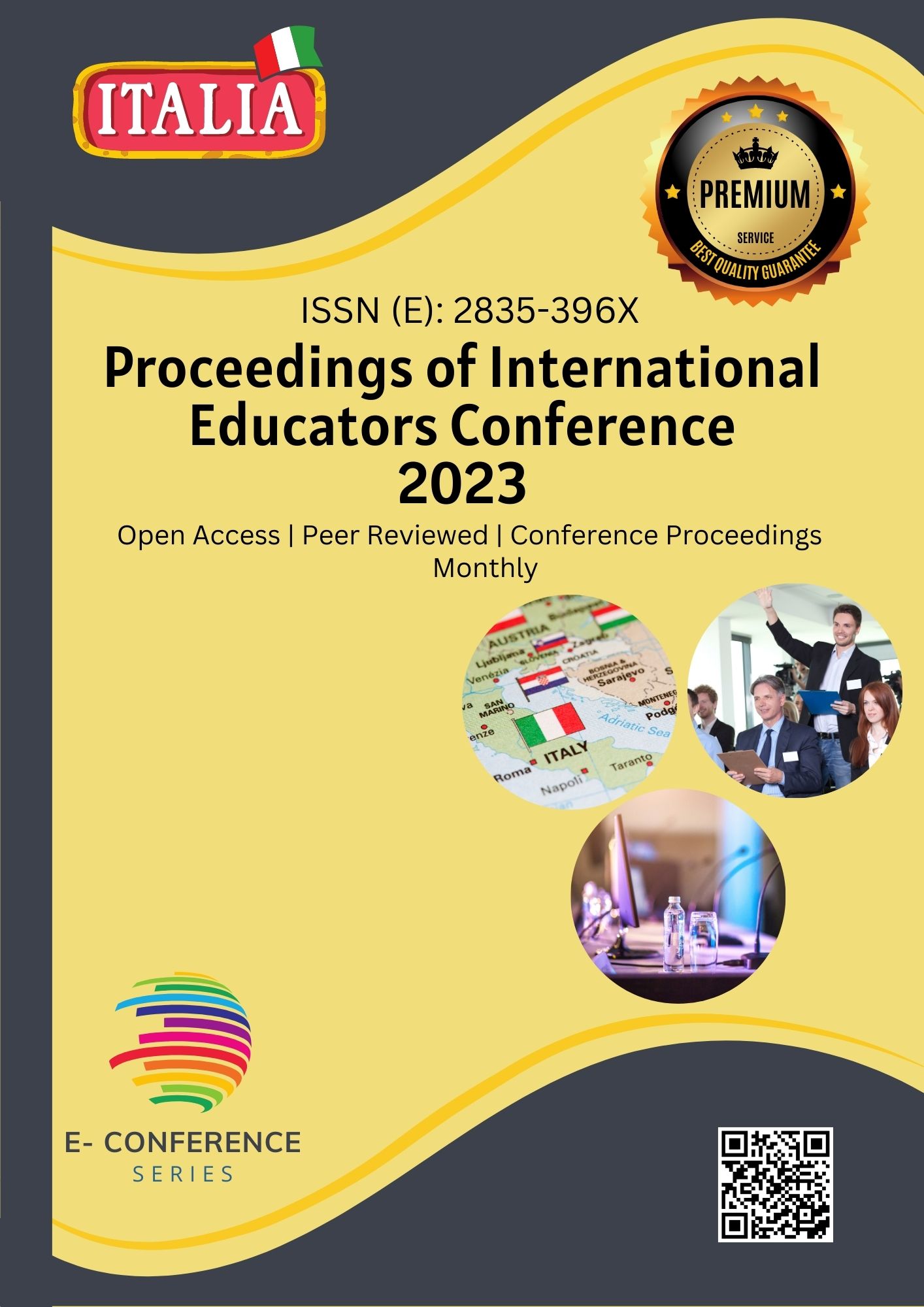HOTEL GREEN SPACES AS A NATURE-BASED SOLUTION INFLUENCE TO GUEST MENTAL HEALTH, WELLBEING AND SATISFACTION
Keywords:
green spaces, nature-based solutions (NBS), mental health, wellbeingAbstract
Since plenty of tourists prefer to stay at environmentally friendly hotels is growing rapidly, green spaces in hotels are becoming increasingly important. The present research is designed in order to learn the influence of green spaces on the visitors’ mental health, wellbeing and satisfaction in the hotel industry. An academic literature search was conducted for studies and review of the effects of green spaces.
References
Gascon, M., Zijlema, W., Vert, C., White, M. P., & Nieuwenhuijsen, M. J. (2017). Outdoor blue spaces, human health and well-being: A systematic review of quantitative studies. International journal of hygiene and environmental health, 220(8), 1207-1221. 2. Pietilä, M., Neuvonen, M., Borodulin, K., Korpela, K., Sievänen, T., & Tyrväinen, L. (2015). Relationships between exposure to urban green spaces, physical activity and self-rated health. Journal of outdoor recreation and tourism, 10, 44-54. https://doi.org/10.1016/j.jort.2015.06.006 3. González‐Hernández, E. M., & Orozco‐Gómez, M. (2012). A segmentation study of Mexican consumers based on shopping centre attractiveness. International Journal of Retail & Distribution Management, 40(10), 759-777. 4. Nesshöver, C., Assmuth, T., Irvine, K. N., Rusch, G. M., Waylen, K. A., Delbaere, B., ... & Wittmer, H. (2017). The science, policy and practice of nature-based solutions: An interdisciplinary perspective. Science of the total environment, 579, 1215-1227. 5. Van den Bosch, M., & Sang, Å. O. (2017). Urban natural environments as nature-based solutions for improved public health–A systematic review of reviews. Environmental research, 158, 373-384. 6. Liang, H. H., Chen, C. P., Hwang, R. L., Shih, W. M., Lo, S. C., & Liao, H. Y. (2014). Satisfaction of occupants toward indoor environment quality of certified green office buildings in Taiwan. Building and Environment, 72, 232-242. 7. Moon, H., Yoon, H. J., & Han, H. (2016). Role of airport physical environments in the satisfaction generation process: mediating the impact of traveller emotion. Asia Pacific Journal of Tourism Research, 21(2), 193-211. 8. Trang, H. L. T., Lee, J. S., & Han, H. (2019). How do green attributes elicit pro-environmental behaviors in guests? The case of green hotels in Vietnam. Journal of Travel & Tourism Marketing, 36(1), 14-28. 9. Qin, J., Zhou, X., Sun, C., Leng, H., & Lian, Z. (2013). Influence of green spaces on environmental satisfaction and physiological status of urban residents. Urban Forestry & Urban Greening, 12(4), 490-497. 10. Vujcic, M., Tomicevic-Dubljevic, J., Grbic, M., Lecic-Tosevski, D., Vukovic, O., & Toskovic, O. (2017). Nature based solution for improving mental health and well-being in urban areas. Environmental research, 158, 385-392. 11. Gascon, M., Zijlema, W., Vert, C., White, M. P., & Nieuwenhuijsen, M. J. (2017). Outdoor blue spaces, human health and well-being: A systematic review of quantitative studies. International journal of hygiene and environmental health, 220(8), 1207-1221. 12. Kim, H. C., Chua, B. L., Lee, S., Boo, H. C., & Han, H. (2016). Understanding airline travelers’ perceptions of well-being: The role of cognition, emotion, and sensory experiences in airline lounges. Journal of Travel & Tourism Marketing, 33(9), 1213-1234./ 13. Kamimura, A., Trinh, H. N., Johansen, M., Hurley, J., Pye, M., Sin, K., & Nguyen, H. (2018). Perceptions of mental health and mental health services among college students in Vietnam and the United States. Asian journal of psychiatry, 37, 15-19. 14. Mohammed, A., & Rashid, B. (2018). A conceptual model of corporate social responsibility dimensions, brand image, and customer satisfaction in Malaysian hotel industry. Kasetsart Journal of social sciences, 39(2), 358-364. 15. Wang, Y., Lu, X., & Tan, Y. (2018). Impact of product attributes on customer satisfaction: An analysis of online reviews for washing machines. Electronic Commerce Research and Applications, 29, 1-11. 16. Han, H., & Hwang, J. (2017). In-flight physical surroundings: Quality, satisfaction, and traveller loyalty in the emerging low-cost flight market. Current Issues in Tourism, 20(13), 1336-1354. 17. Ladeira, W. J., Santini, F. D. O., Araujo, C. F., & Sampaio, C. H. (2016). A meta-analysis of the antecedents and consequences of satisfaction in tourism and hospitality. Journal of Hospitality Marketing & Management, 25(8), 975-1009. 18. Radojevic, T., Stanisic, N., Stanic, N., & Davidson, R. (2018). The effects of traveling for business on customer satisfaction with hotel services. Tourism Management, 67, 326-341.
Han, H., Jongsik, Y., & Hyun, S. S. (2020). Nature based solutions and customer retention strategy: Eliciting customer well-being experiences and self-rated mental health. International Journal of Hospitality Management, 86, 102446. 20. Vujcic, M., Tomicevic-Dubljevic, J., Grbic, M., Lecic-Tosevski, D., Vukovic, O., & Toskovic, O. (2017). Nature based solution for improving mental health and well-being in urban areas. Environmental research, 158, 385-392. 21. Kennedy, N., Abbott, R., & Paykel, E. S. (2004). Longitudinal syndromal and sub-syndromal symptoms after severe depression: 10-year follow-up study. The British Journal of Psychiatry, 184(4), 330-336. 22. López-Mosquera, N., & Sánchez, M. (2011). Emotional and satisfaction benefits to visitors as explanatory factors in the monetary valuation of environmental goods. An application to periurban green spaces. Land Use Policy, 28(1), 151-166. 23. Sirgy, M. J., Grzeskowiak, S., & Rahtz, D. (2007). Quality of college life (QCL) of students: Developing and validating a measure of well-being. Social Indicators Research, 343-360.
Downloads
Published
Issue
Section
License

This work is licensed under a Creative Commons Attribution-NonCommercial 4.0 International License.








